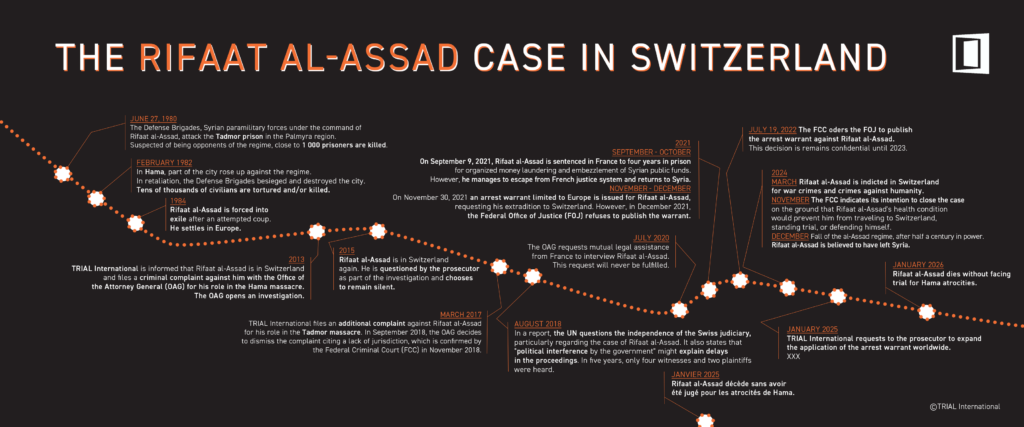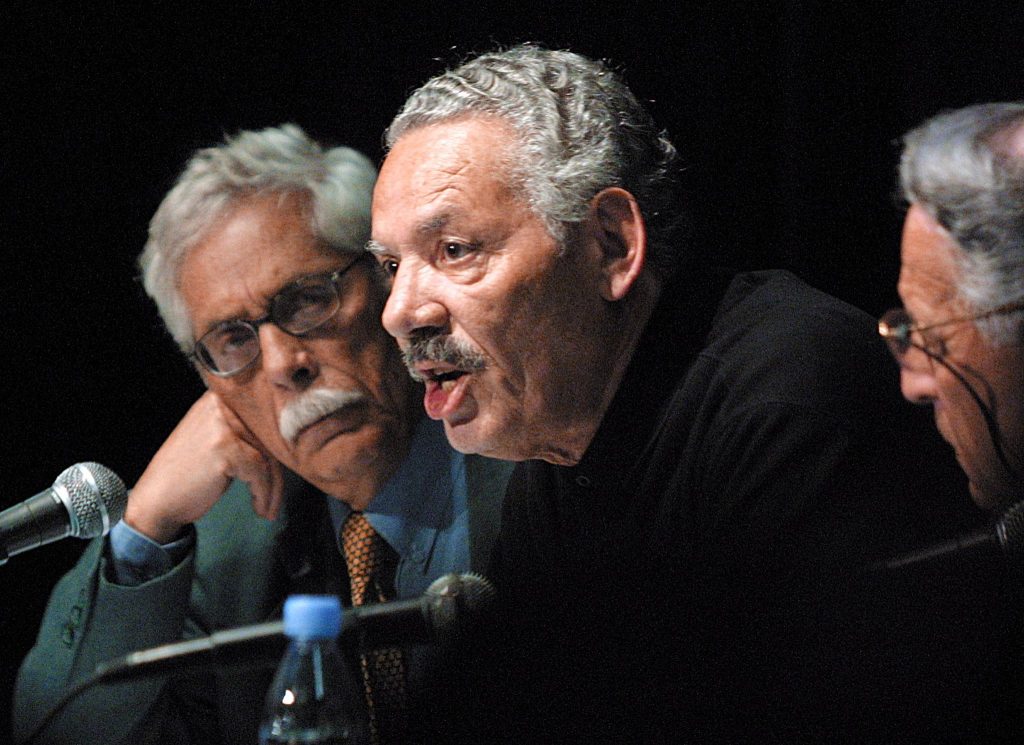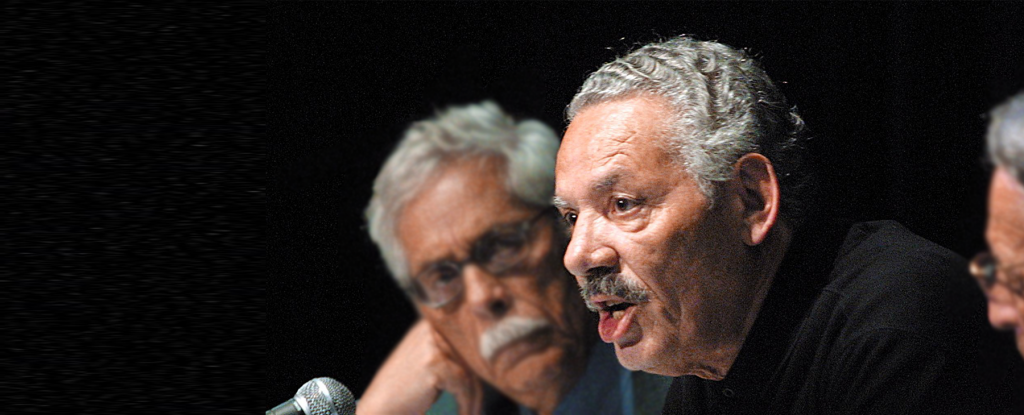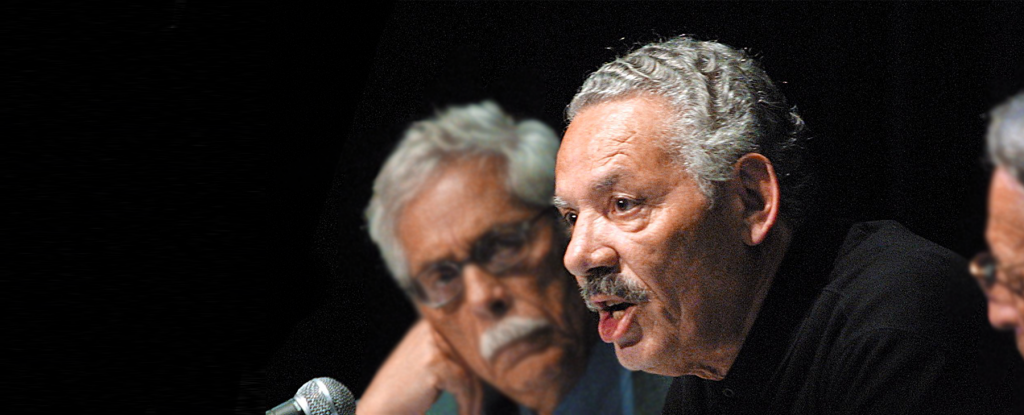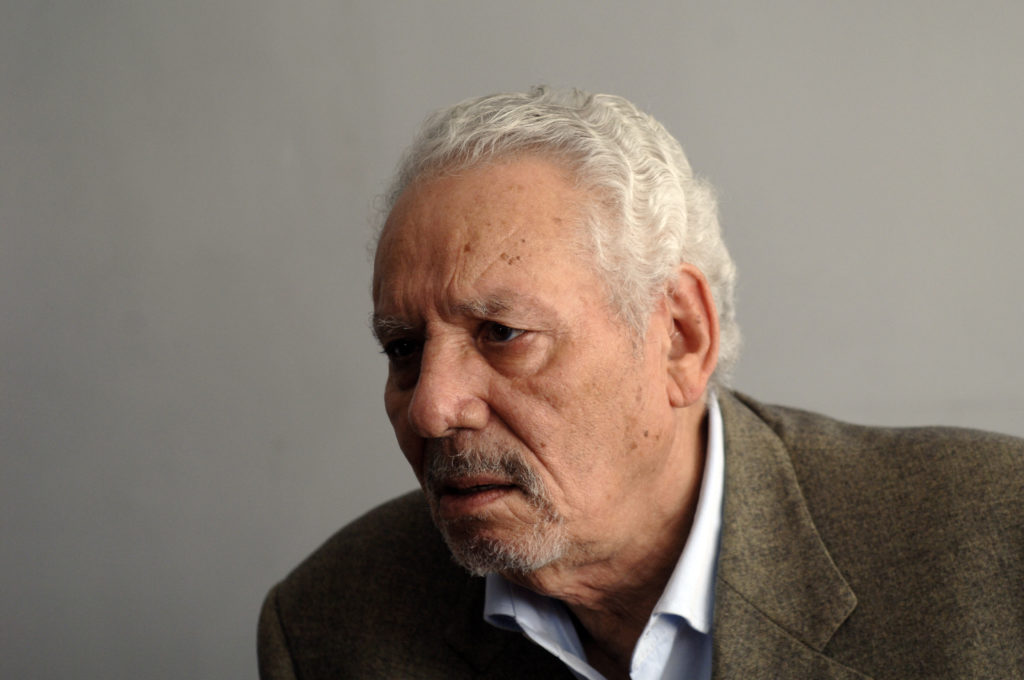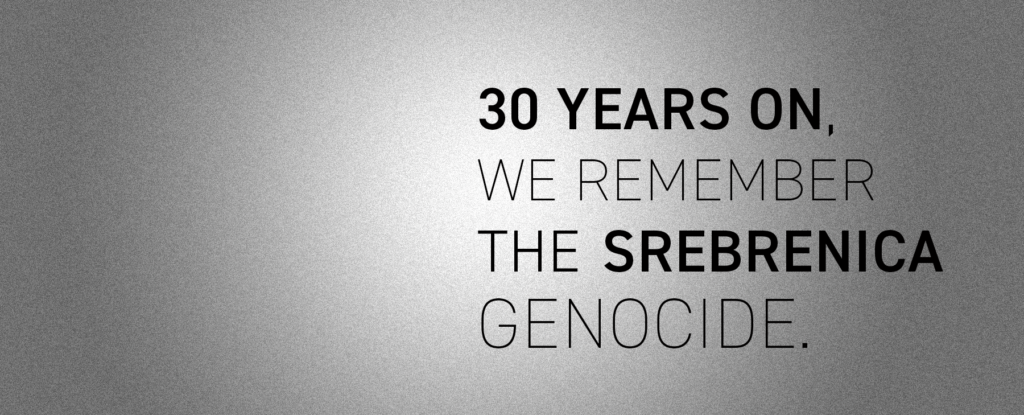Justice in Katanga: an ambitious but necessary endeavour
After encouraging results in South Kivu, TRIAL International and its partners turned their attention to another lawless region in DRC: the province of Katanga, where ethnic groups clash at the expense of civilians.
An op-ed by Daniele Perissi
The Katanga region has been in the headlines these last few months. The resurgence of the conflict between the Bantu and the Pygmy has thrown the region into violent disarray… in total impunity.
In response to the crisis, MONUSCO (the United Nations mission in the DRC) has deployed its peacekeeping operations to the region. It has also called on its partners, including TRIAL International, to help reinforce the rule of law.
A first experience with mixed results
TRIAL International intervened in Katanga for the first time in 2016 in the context of a genocide trial. More precisely, it helped the victims’ lawyers collect evidence to prove that international crimes had been committed.
Although the final verdict did not provide a full measure of justice to the victims, the case created national precedent because it marked the first time that a civilian (and not military) jurisdiction had adjudicated mass crimes. Even more important, it contributed to a non-aggression agreement between the Pygmy and Bantu peoples in February 2017.
Today, the agreement is obsolete; the two groups have taken up arms once again. But it has demonstrated that peacebuilding and the fight against impunity go hand in hand.
Justice must be built from the ground
National and international actors who share this observation recently formed a coalition comparable to the Task Force that was established in South Kivu, and has similar objectives: to strengthen the legal system in order to prevent future atrocities.
The task is a colossal one. Katanga is ten times the size of Switzerland and counts only a handful of courts. Entire regions are out of the reach of the legal system and even of law enforcement officers. The fight against impunity must be built from zero.
In order to bring about change, we will have to train lawyers and judges, strengthen the prosecution’s investigative capacities, and inform victims of their rights. The first step of this process was to train, last May, a group of about twenty lawyers. A second session is planned for the end of the year.
The road ahead is long and TRIAL will need all of its partners, local and international. But in the end, the best reward: victims standing tall, confident in the legal system, and ready to fight for their rights.
Daniele Perissi, Head of DRC program
@DPerissi

